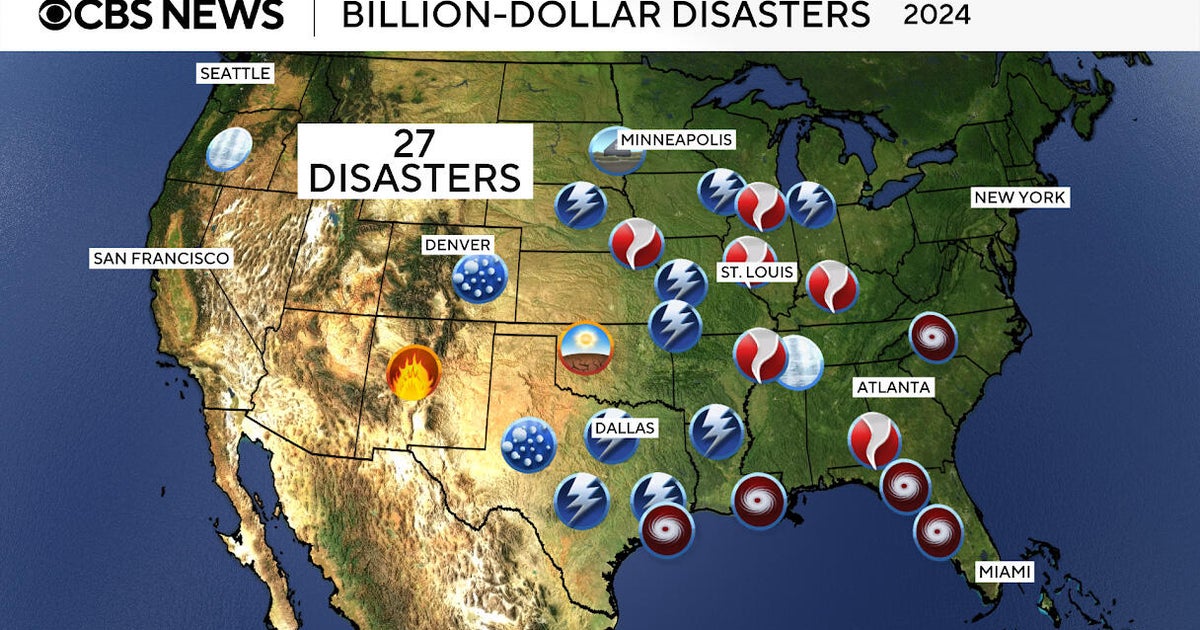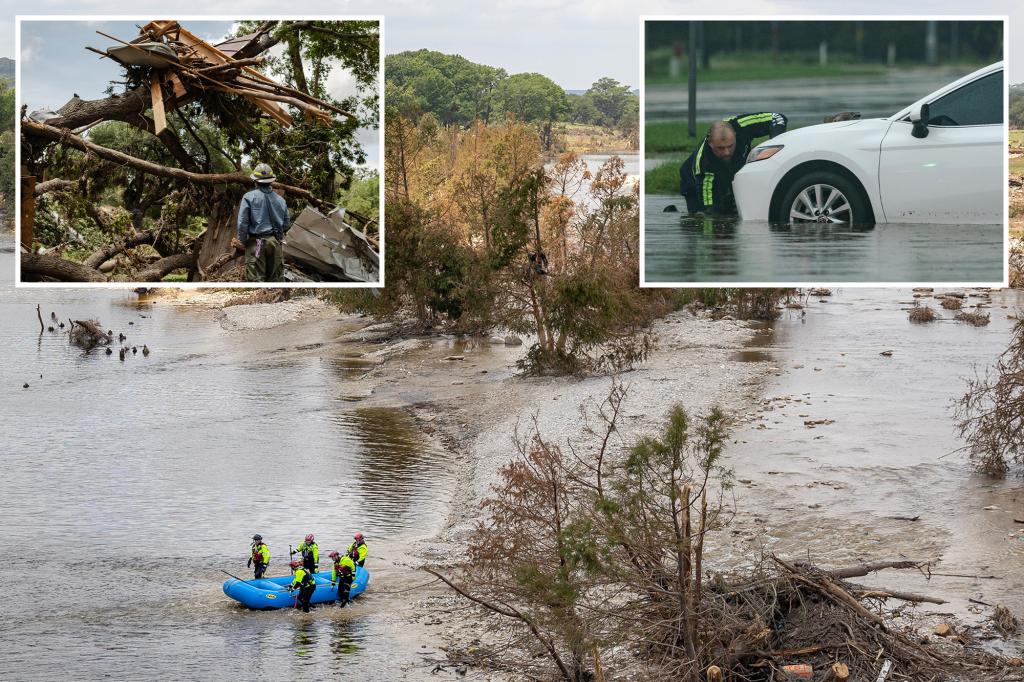NOAA Shuts Down Controversial “Billion-Dollar Disasters” Database
The National Oceanic and Atmospheric Administration (NOAA) quietly terminated its influential “billion-dollar disasters” tracking system last month, removing decades of critical climate and economic data from public access. The controversial decision, made without fanfare, eliminates the government’s only comprehensive record tracking extreme weather events causing $1 billion or more in damages—a vital resource for researchers, policymakers, and insurers.
Why the Database Mattered
Since 1980, NOAA’s database documented 376 weather and climate disasters exceeding $1 billion in losses, totaling over $2.675 trillion. The meticulously maintained records included:
- Event types (hurricanes, wildfires, droughts)
- Geographic distribution
- Economic impacts adjusted for inflation
- Deaths and community disruptions
“This wasn’t just a spreadsheet—it was the gold standard for understanding disaster trends,” said Dr. Elena Rodriguez, a climate economist at Columbia University. “Losing it is like throwing away a medical history right when the patient gets sicker.”
Official Reasoning Versus Expert Concerns
NOAA cited “resource reallocation” and “streamlining efforts” in internal memos obtained by researchers. However, climate scientists note the timing coincides with record-breaking disaster years—2023 saw 28 billion-dollar events costing $92.9 billion.
“The database showed undeniable acceleration,” noted former NOAA meteorologist James Whitmore. “From 1980-2022, the annual average jumped from 8.1 to 18 events. That pattern made some stakeholders uncomfortable.”
Meanwhile, the White House maintains the decision was purely budgetary. “We remain committed to climate resilience through other mechanisms,” stated Environmental Policy Advisor Rachel Chen during a press briefing.
Immediate Impacts on Disaster Research
The disappearance of centralized data creates immediate challenges:
- Insurance models: 87% of U.S. insurers relied on NOAA data for risk assessments
- Academic studies: 42 peer-reviewed papers used the dataset in 2023 alone
- Infrastructure planning: FEMA’s flood zone maps incorporated NOAA trends
Princeton researchers recently demonstrated how the database revealed a 500% increase in billion-dollar disasters since the 1980s—a finding now harder to replicate. “We’re losing our measuring stick right when we need it most,” lead researcher Dr. Mark Tolbert remarked.
Alternative Data Sources and Their Limitations
While private entities like Munich Re maintain disaster databases, experts highlight key differences:
| Source | Coverage | Adjustment for Inflation | Public Access |
|---|---|---|---|
| NOAA (discontinued) | U.S. only | Yes | Full |
| Munich Re | Global | No | Partial |
| USGS | Earthquakes only | No | Full |
“Private data often serves corporate interests rather than public good,” warned data transparency advocate Lisa Nguyen. “Without NOAA’s neutral metrics, we risk ‘disaster blindness’ in vulnerable regions.”
Potential Consequences for Climate Policy
The timing raises eyebrows as Congress debates the Climate Resilience Act. The database previously provided irrefutable evidence for:
- Disaster relief funding allocations
- Coastal infrastructure investments
- Early warning system development
Senator Maria Gonzalez (D-CA) has demanded hearings, stating: “This feels like climate denial by database deletion.” Meanwhile, some state governments are scrambling to recreate regional tracking systems.
What Comes Next for Disaster Tracking?
Several developments are underway:
- A consortium of universities plans to launch an independent tracking initiative
- The Government Accountability Office will review NOAA’s decision process
- Climate organizations are filing Freedom of Information Act requests
For now, researchers advise downloading archived NOAA reports while available. “History shows that when data disappears today, crises get misunderstood tomorrow,” cautioned Dr. Rodriguez. “Our grandchildren will judge what we chose to record—or erase.”
Concerned citizens can contact their congressional representatives or support nonprofit climate data initiatives like the Climate Data Partnership.
See more Your Daily Weather



